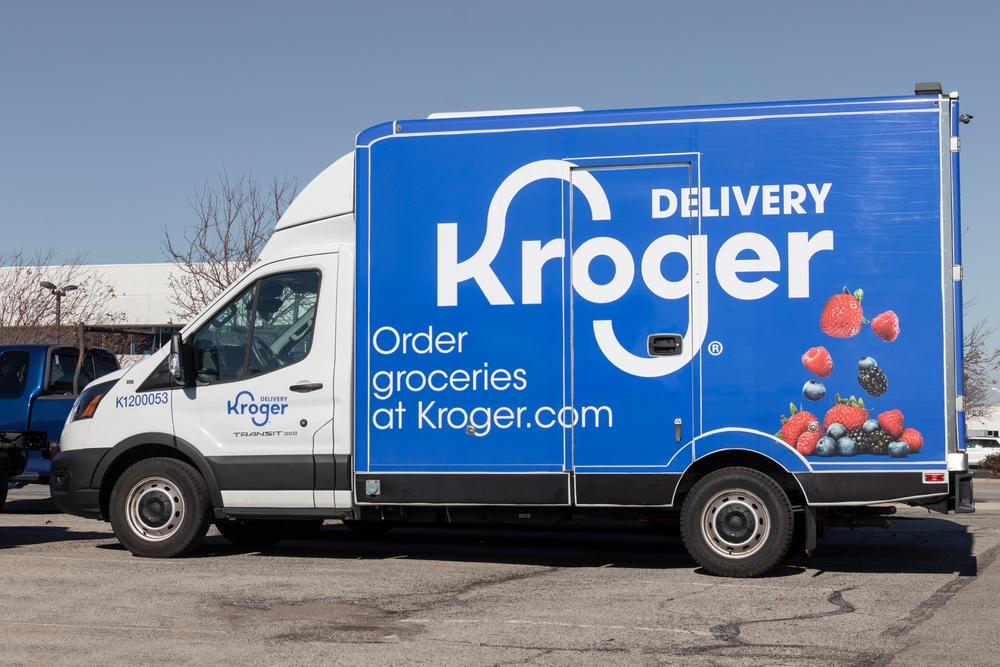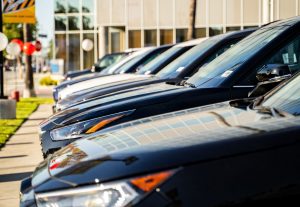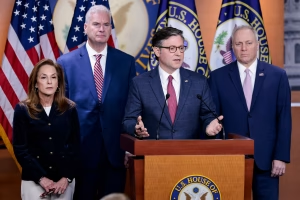Albertsons Sues Kroger and Backs Out of $25B Merger After Courts Block Deal.
Albertsons has initiated legal proceedings against its competitor Kroger following the collapse of a multibillion-dollar merger that would have constituted the largest supermarket consolidation in U.S. history.
On Tuesday, two federal judges in Oregon and Washington ruled against the merger, aligning with the Federal Trade Commission, which has expressed concerns that the merger would diminish competition and increase prices for consumers across the nation. On Wednesday, Albertsons announced the termination of the merger agreement in light of the unsuccessful attempt.
"Considering the recent decisions by federal and state courts to obstruct our proposed merger with Kroger, we have made the challenging choice to terminate the merger agreement," stated Albertsons CEO Vivek Sankaran.
"We are profoundly disappointed by the courts' rulings." Shortly after the failed merger, the retailer based in Boise, Idaho, disclosed that it had taken legal action against Kroger. The company accused Kroger of willfully violating the Merger Agreement in several significant respects, including a consistent refusal to divest necessary assets for antitrust clearance, disregarding feedback from regulators, rejecting more suitable divestiture buyers, and failing to collaborate with Albertsons. Albertsons asserted that the grocery chain headquartered in Cincinnati, Ohio, did not exert "best efforts" and neglected to undertake "'any and all actions' to obtain regulatory approval for the agreed merger transaction, as mandated by the terms of the merger agreement." The complaint has been filed in the Delaware Court of Chancery against Kroger and is currently sealed. In reaction to the lawsuit, Kroger issued a statement characterizing the suit as "baseless."
Feature: Who is Luigi Mangione, Suspect in UnitedHealthcare CEO Murder?
Kroger categorically denies these allegations, particularly in light of Albertsons' ongoing intentional material breaches and interference during the merger process, which the company intends to substantiate in court. Kroger asserts that this is a clear attempt to evade accountability following its formal notification regarding Albertsons' numerous breaches of the agreement, as well as an effort to claim the merger's break fee, which they are not entitled to receive. Kroger expressed its eagerness to address these unfounded claims in court.
Tom Moriarty, general counsel and chief policy officer for Albertsons, voiced his disappointment, stating that the merger "would have provided significant advantages for consumers in America," along with benefits for the employees of both companies. Moriarty further alleged that instead of meeting its contractual obligations to facilitate the merger, Kroger prioritized its own financial interests, consistently submitting inadequate divestiture proposals that failed to address regulators' concerns.
He claimed that Kroger's self-interested actions have adversely affected Albertsons' shareholders, employees, and consumers. The two supermarket chains initially announced their intention to merge in October 2022, formalizing an agreement in which Kroger, the second-largest grocery chain in the U.S., aimed to acquire Albertsons, the fourth-largest, for an estimated total enterprise value of $24.6 billion. After a three-week hearing in Portland, Oregon, U.S. District Court Judge Adrienne Nelson granted a temporary injunction to block the merger on Tuesday. Later that same day, Judge Marshall Ferguson in Seattle, Washington, issued a permanent injunction preventing the merger in that state, citing concerns over competition and violations of Washington's consumer protection laws.
Latest: Kroger, Albertsons' $24.6B Merger Blocked by Oregon and Washington Courts
Kroger operates 2,800 stores across 35 states, featuring brands such as Ralphs, Smith's, and Harris Teeter. In comparison, Albertsons runs 2,273 stores in 34 states, including well-known brands like Safeway, Jewel Osco, and Shaw's. Together, these two grocery chains employ over 700,000 individuals and have a significant presence throughout the United States. Following the court rulings on Tuesday, both Kroger and Albertsons issued statements expressing their disappointment and indicated that they would consider their options moving forward.
The rulings received commendation from both the White House and the Federal Trade Commission (FTC). Henry Liu, Director of the Bureau of Competition, stated, "The FTC, in collaboration with our state partners, achieved a significant victory for the American public by successfully blocking Kroger’s acquisition of Albertsons. This landmark decision safeguards millions of Americans from increased prices on essential groceries—ranging from milk to bread to eggs—ultimately enabling consumers to retain more of their earnings."
In a separate statement, Jon Donenberg, Deputy Director of the White House National Economic Council, remarked, "The proposed Kroger-Albertsons merger would have constituted the largest supermarket merger in history, leading to higher grocery prices for consumers and reduced wages for employees. Our administration takes pride in opposing large corporate mergers that inflate prices, undermine workers, and negatively impact small businesses."
Latest: Trump Requests Dismissal of Central Park Five Defamation Lawsuit
The failed $25 billion merger between Albertsons and Kroger marks a significant turn in the U.S. grocery industry. After federal judges blocked the deal, citing concerns over reduced competition and higher consumer prices, Albertsons has filed a lawsuit against Kroger, accusing it of breaching the merger agreement. Both companies expressed disappointment over the outcome, with Albertsons alleging that Kroger's actions hindered the regulatory approval process. The case highlights ongoing concerns about corporate consolidation in essential sectors, with the Federal Trade Commission and White House praising the decision as a win for consumers and workers, aiming to preserve competition and fair prices.





















